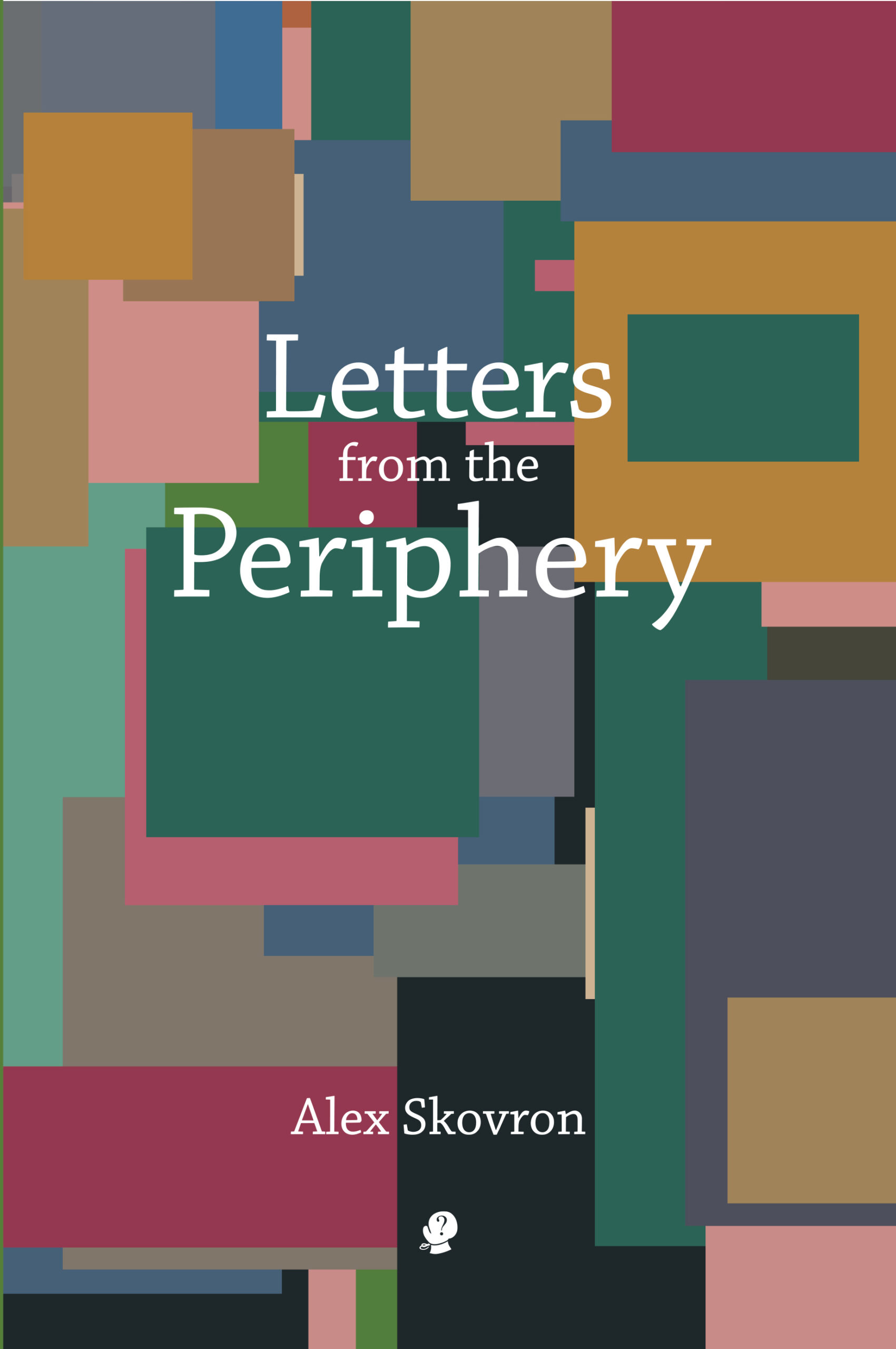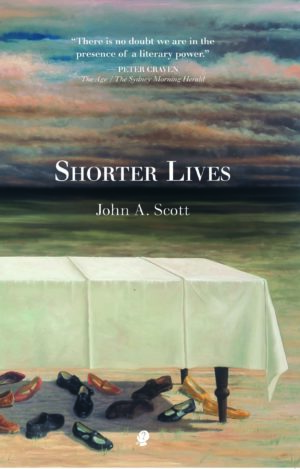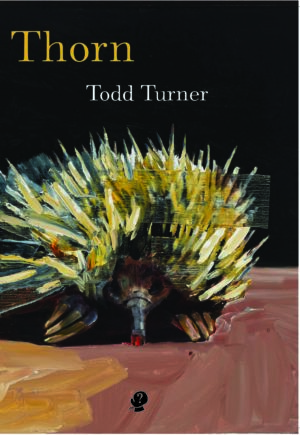Product Description
The forty-eight poems that comprise Alex Skovron’s seventh book-length collection, Letters from the Periphery, are populated by a variety of voices speaking across many settings—from 1960s Sydney to the cafés of today’s Melbourne, from the Trojan War and Byzantine Aleppo to the dark forest of Dante’s Inferno, from eighteenth-century Lisbon to Vienna at the turn of the twentieth, from the American Civil War to warfronts of our time, and of the future. A richly diverse gathering, this book also marks Skovron’s return to the longer poem—notably the title-sequence, featuring a mysterious stalker versed in philosophy; the suite ‘The Light We Convert’, grounded in the world of nineteenth-century music; and the poet’s translation of the opening Canto from The Divine Comedy.
From reviews of Towards the Equator: New & Selected Poems (2014)
‘… Skovron’s work is sensate and highly finessed. He sets up alliances between beauty and strangeness, seriousness and humour, the narrative and the lyric, the forces of history and the quotidian. His poetic and syntactical structures are often complex, but his use of music and the balancing and positioning of thoughts over the lines disencumber any heaviness that might result. His broad range of material, from the historical and speculative, to the conceptual and personal, has authority and flair; the way his poems yield their many perceptions and positions so keenly, and with such virtuosity, is immensely impressive.’
— Judith Beveridge, Sydney Review of Books
‘… all his poetry urbanely values the articulate and the clarified; the complex and the made. It asserts the importance of recognising human contradictions and problems while appreciating civilisation. For Skovron, words are so much part of being and doing that the world is unimaginable without them—and music is always there as an abiding and ineffable “mysterious song”.’
— Paul Hetherington, Australian Book Review
REVIEWS
“Skovron embed[s] a sense of curiosity or wonder at the enigmas of being alive in this moment with all its challenges and complexities. [it’s] title suggest journeys—letters coming from an edge… Skovron’s writing is beguiling in its interplays of imagery, form, music and in the way images themselves shift between place, situation and human relationships in each poem, so that each moment is complex, bringing history, philosophy and a questioning of human behaviours into intense conversation.” ANNE ELVEY, Plumwood Mountain Journal
“The title sequence of seventeen poems is its signature achievement. Strange epistles arrive from an almost apologetic, but loving, stalker. An unendurable tension is built up as the reader progressively struggles to identify the letters’ author…Letters from the Periphery is arguably Skovron’s most accomplished, and unsettling, collection to date.” GEOFF PAGE, Australian Book Review (paywalled)
“Letters from the Periphery is a clever, tricky and sophisticated book that rewards the reader with subtle rhythms, complex structures and wordplay, and erudite referencing. Letters from the Periphery is a book full of allusion and illusion, puzzles, mystery and a deep sense of the wry games that time plays with all of us.” MAGDALENA BALL, Compulsive Reader





